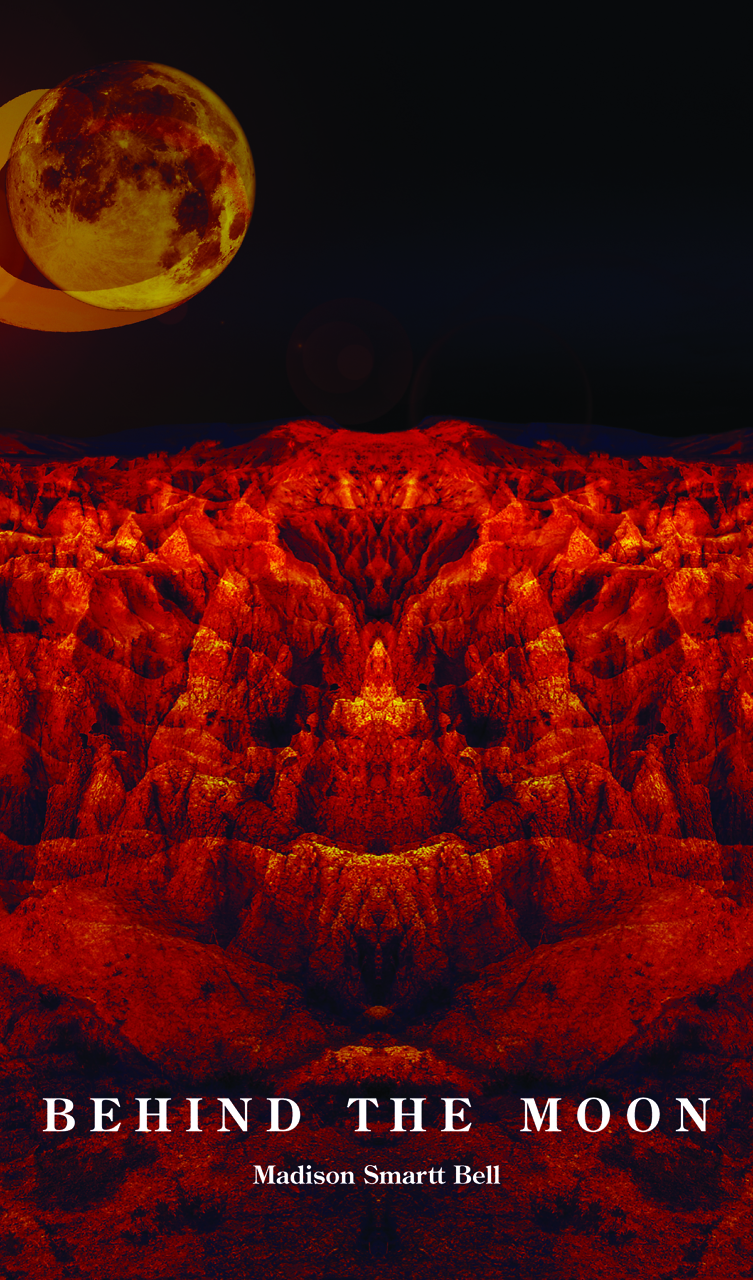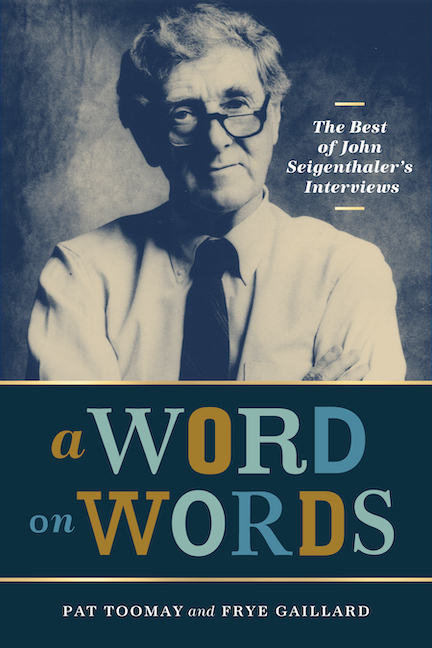Some Howling Beautiful Thing
A. Van Jordan’s latest poetry collection evokes the magic of movies
Ekphrastic poetry—that is, poetry inspired by visual art—has a history of being stuffy, a classical enterprise rife with echoes of Greek adulations and ambitions. This reputation makes a collection of poems devoted to the movies seem almost cheeky at first. It soon becomes clear, though, that A. Van Jordan’s project in The Cineaste is neither austere nor flippant. These poems are not plot summaries (ekphrastic can be translated as simply description); rather, they offer surprising insights into the characters as well as the experience of movie-watching: “What I mean to say is how it looks matters / less than how I feel standing before it,” Jordan writes in “Stranger Than Paradise.” The Cineasteconveys experience rather than criticism.
 The book’s subjects are wide-ranging, from Nosferatu to American Gigolo, but nearly all could be characterized as having serious intent—including even the raucous Mel Brooks comedy Blazing Saddles. These are films, not flicks, and Jordan tackles them unflinchingly. When a razor slashes across the screen in “Un Chien Andalou,” the speaker squints but does not look away, an attitude that is true of every film and its corresponding poem: no matter how troubling the content, Jordan never looks away. Indeed, he writes about race—arguably the most troubling topic in American literature—with a clear-sightedness that earned the book a nomination for the NAACP Image Award.
The book’s subjects are wide-ranging, from Nosferatu to American Gigolo, but nearly all could be characterized as having serious intent—including even the raucous Mel Brooks comedy Blazing Saddles. These are films, not flicks, and Jordan tackles them unflinchingly. When a razor slashes across the screen in “Un Chien Andalou,” the speaker squints but does not look away, an attitude that is true of every film and its corresponding poem: no matter how troubling the content, Jordan never looks away. Indeed, he writes about race—arguably the most troubling topic in American literature—with a clear-sightedness that earned the book a nomination for the NAACP Image Award.
Jordan explores race in several poems, but “The Homesteader” most exemplifies the poet’s concerns. Composed as a crown of forty-four sonnets, this poem is not so much a response to Oscar Micheaux’s 1919 film The Homesteader—of which there is no existing copy—as it is a narrative, fictionalized account of the filmmaker’s life. The subject of the film, Leo Frank, was a Jewish man accused of and lynched for the murder of a white woman in 1915. As Jordan explains, Micheaux was unhappy with the African-Americans who were threatened into standing against the accused, and this unhappiness was apparent in his films. He often featured a “race traitor” getting his just deserts.
 In Jordan’s rendering of Micheaux, the filmmaker wants to get beyond superficiality: “People will act / Like people whose souls you can knock on, once / I get the camera.” The same could be said about The Cineaste, a collection that delves as deeply as possible into an art form sometimes dismissed as trivial. Jordan thumbs his nose at the stereotypes of ekphrastic poetry and movies alike and gets to the heart of what it means to be an artist:
In Jordan’s rendering of Micheaux, the filmmaker wants to get beyond superficiality: “People will act / Like people whose souls you can knock on, once / I get the camera.” The same could be said about The Cineaste, a collection that delves as deeply as possible into an art form sometimes dismissed as trivial. Jordan thumbs his nose at the stereotypes of ekphrastic poetry and movies alike and gets to the heart of what it means to be an artist:
Everyone wants
Their name in lights
their hand in making
Some howling beautiful thing.
This longing comes across in line after line. To steal an image from the film Metropolis, there is a need to be greater than a cog in the machine.
“The Homesteader” also serves as an ode to filmmaking, allowing Jordan a chance to praise camera angles and lines of sight. We see this obsession elsewhere, too, as in the first poem, “Metropolis, restored edition” in which the speaker wonders, “[H]ow will I go on / with my day’s work outside in all that natural light?” In some ways, The Cineaste is a book-length exploration of this question—how do we go on when faced with so much reality? In Jordan’s view, films seem to make this daunting, necessary task more bearable. They allow us to abandon our posts at least for an hour or two, and maybe we come back changed from the experience, as well. The poems in this book extend the conversations introduced by The Great Train Robbery, Do the Right Thing, The Red Balloon, and others.
The collection honors film with a bold grace that would put Oscar montages to shame. It is hard not to be impressed by the fluidity with which Jordan moves from one form to another. More than impressed, though, you might find yourself rapt—not quite as passive as watching a summer blockbuster but lost just the same. And when the final film—Park Chan-Wook’s 2003 Oldboy—is rendered, readers may find themselves hunched over the listings for their local cinemas, hoping to find the next masterpiece that will offer up a new way of seeing the world.

Erica Wright is the author of a new crime novel, The Red Chameleon, as well as two poetry collections. Now a senior editor at Guernica, she grew up in Wartrace, Tennessee, and received her M.F.A. from Columbia University.


